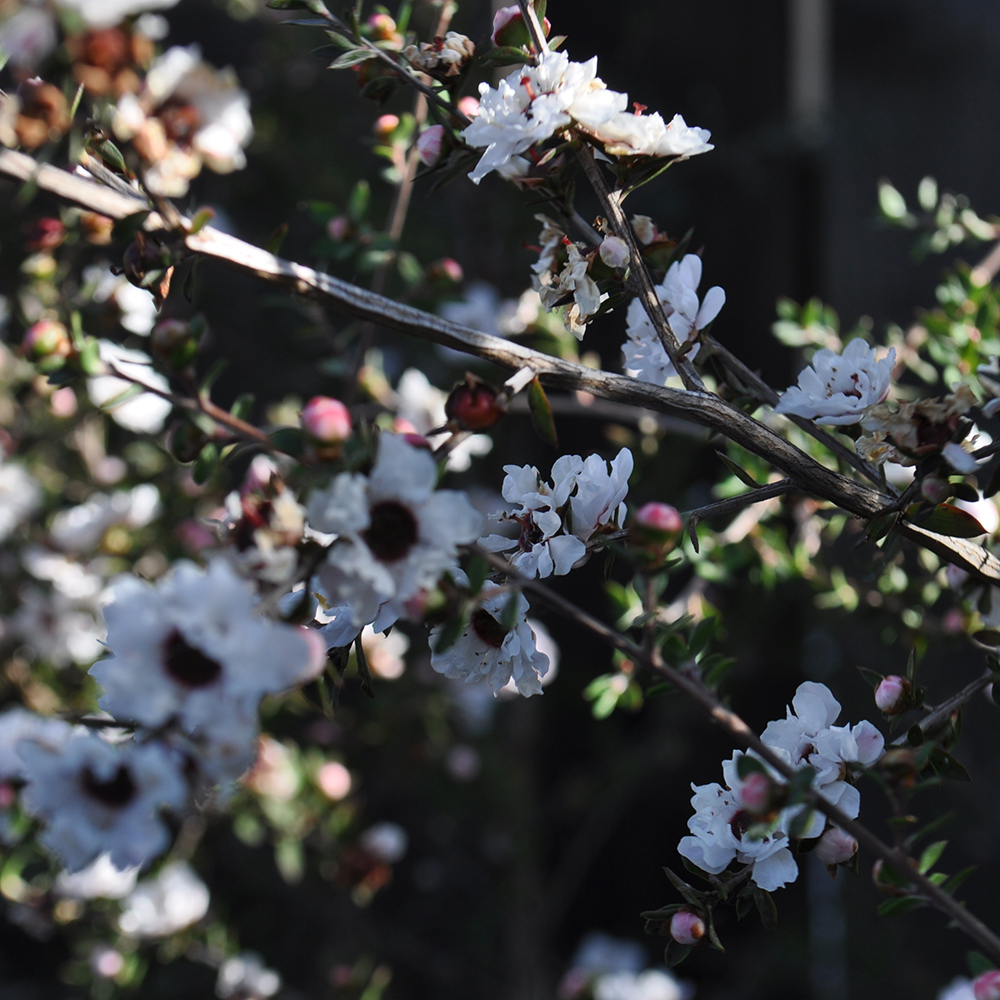
Agriculture took root about 12,000 years ago, and changed the way we live forever. In general, we tend to see these changes as a good thing, but recently many people have become concerned about the level of chemical pesticides and other potentially harmful substances used by the agriculture industry. Yes, these things allow us to produce mass quantities of food for our growing population, but do they come at a price?
That’s why organic gardening has enjoyed a resurgence in recent years. And if you’re thinking of growing your own organic food, you might be wondering what people used to do before chemical pesticides. How do you rid your garden of problematic invaders who might gobble up your food? The following organic methods might interest you.
Mineral oil. This works by dehydrating insects and their eggs. Mix about 30 ml of mineral oil with one liter of water, and spray on your plants.
Tobacco. You know that tobacco isn’t good for you, so it probably comes as no surprise to learn that it’s bad for certain pests, too! In particular, this remedy is good for ridding your garden of aphids and caterpillars. Mix one cup of tobacco with one gallon of water, and let it set overnight. The mixture should turn a light brown color (add more water if it’s too dark). Spray on affected plants, but don’t use this concoction on tomato, eggplants, peppers, or anything else in the solanaceous family.
Diatomaceous earth. Diatomaceous earth is abrasive to the exoskeletons of small insects, and usually kills them. In fact, you can sprinkle it around your home if you have a flea problem! In the garden, it can also be useful against destructive pests.
A slug remedy. Are these unwelcome visitors munching your plants and leaving a trail of slime throughout your garden? Mix three tablespoons of Organic Castile soap with one gallon of water, and add an ounce of orange oil. Shake well, and spray the mixture on affected plants. This mixture can also be used on ants and roaches.
A solution for spider mites. If your plants are infested with spider mites, mix two tablespoons of Himalayan crystal salt with one gallon of water, then spray the mixture onto your plants.
Oil spray. Sap-sucking insects, such as aphids, thrips, whiteflies and spider mites, can really do a number on your garden. Luckily, it’s also pretty easy to control them. Mix one cup of cooking oil with one tablespoon of dish soap. Then mix four teaspoons of this concentrated mixture with one pint of water, and mist your vegetable plants once per week.
Garlic. Some pests can be deterred by the strong scent of garlic. Combine about ten cloves of garlic with one quart of water in your blender, and blend until smooth. Allow the mixture to set for about 24 hours, and then strain the liquid through a cheese cloth. Add one cup of fresh cooking oil to the strained mixture, and spray on plants to discourage pests.
Red pepper. You wouldn’t want to munch on something coated in red pepper, and neither would your garden pests! Combine one tablespoon of red pepper powder, six drops of dish soap, and one gallon of water. Thoroughly spray your plants about once per week to discourage pests such as spittlebugs, beetles, and leafhoppers.
As always, give us a call if you have any questions about pesticides – whether organic or natural. We can help you identify which type of pests are plaguing your garden, and show you ways to keep your plants healthy and productive.

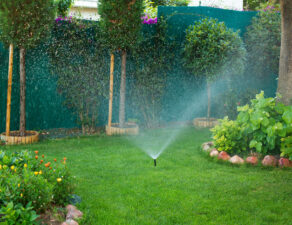
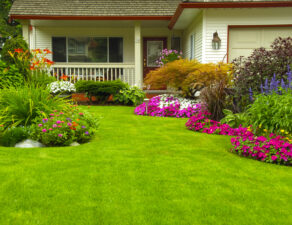


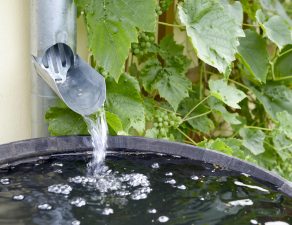
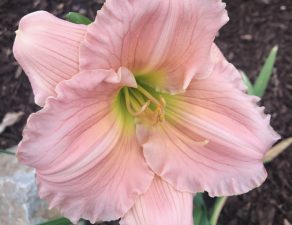


Write a comment: